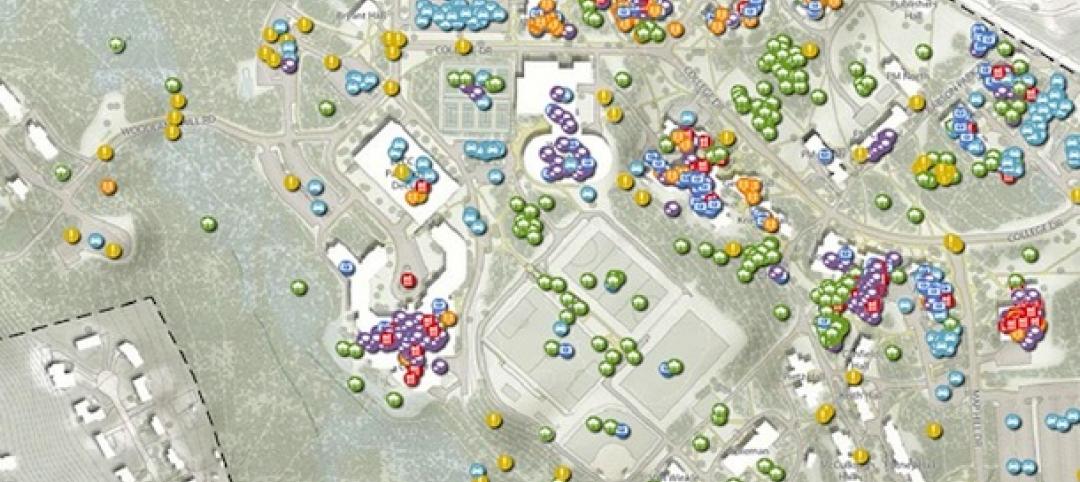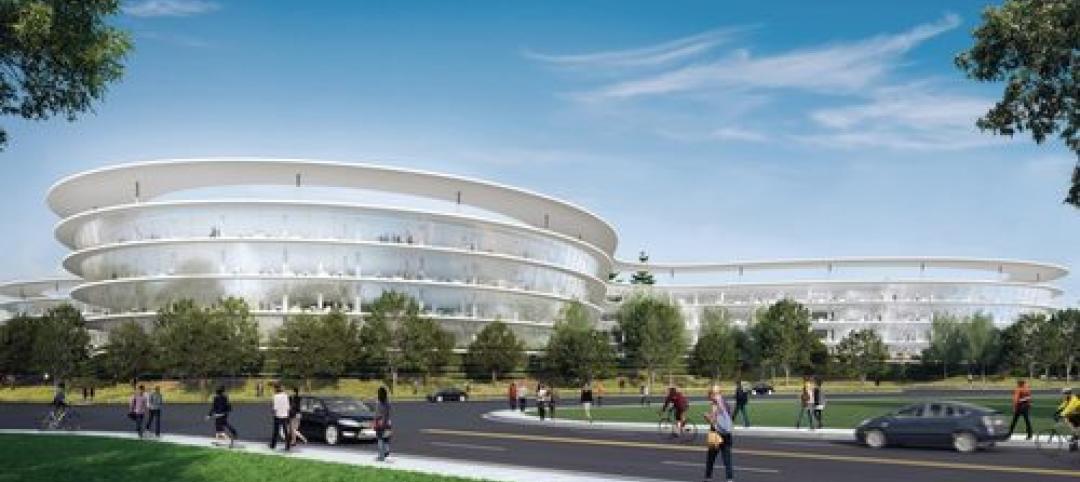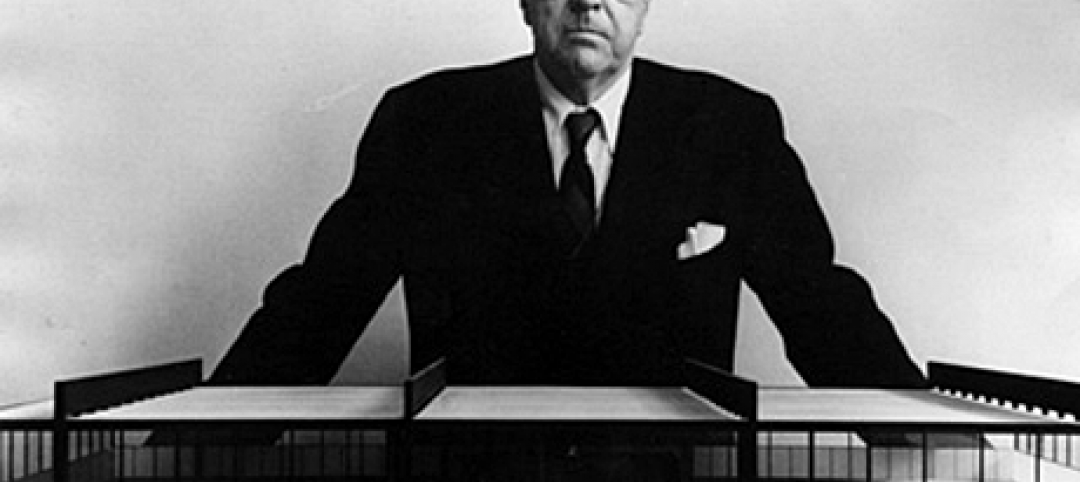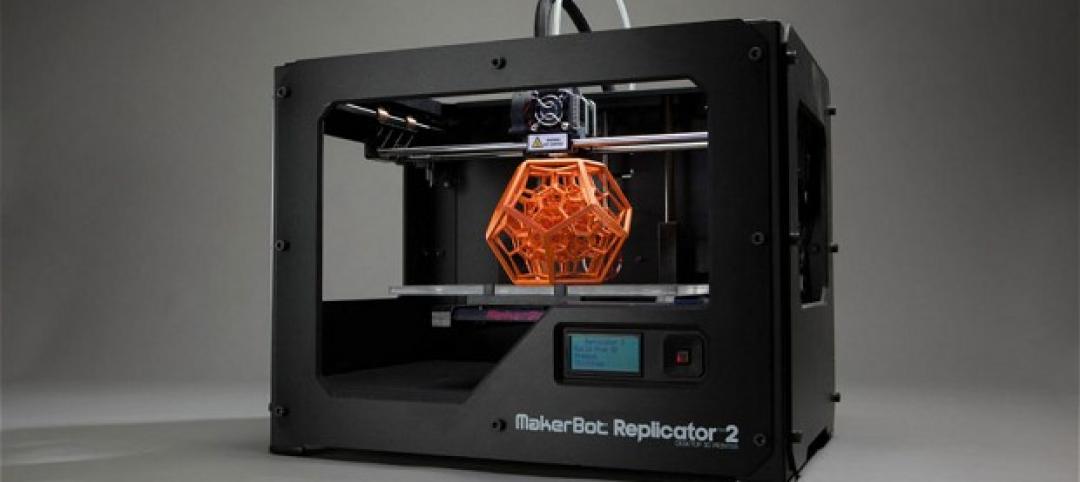International design firm Perkins Eastman and EwingCole announced the release of their new joint white paper “Where Are We Now?: Elevating Design Practice through Design Research.” The paper is co-authored by Emily Chmielewski, EDAC, Associate and Senior Design Researcher at Perkins Eastman, and Nicholas Watkins, Ph.D., Director of Research at EwingCole.
The paper takes an in-depth look at the current state of the design research field, dissects the many challenges researchers face, and contemplates broad solutions for advancing the practice of design research for the overall betterment of the architectural design field.
In March 2016, the Perkins Eastman and EwingCole research teams, led by Chmielewski and Watkins, developed and instituted a comprehensive online survey of 29 questions, in partnership with the Environmental Design Research Association (EDRA). The survey was available online for three weeks and was completed by a mix of students, educators, designers, and design research professionals. The results of that survey were then presented at the 47th Annual EDRA Conference (EDRA47), in Raleigh, NC.
The value of credibility of design research, research methods, and knowledge, sharing, and sustainability of design research in practice are a few of the topics the survey’s questions focused on.
At EDRA47, the teams engaged in conversation with various conference attendees about the many challenges related to conducting design research as well as solutions for promoting the incorporation of design research in design delivery. The survey’s findings, combined with input from the EDRA conference, informed the content produced for “Where Are We Now?”
According to Watkins, “A key challenge for all researchers in practice is to communicate our studies’ findings in such a way that attracts the attention of designers and clients, as well as conveys insights that can effectively impact the design industry. One of our intentions in writing this paper was to help our industry peers in tackling those challenges, and consequently, finding more receptive audiences for their important work.”
The entire white paper is available for free download at www.perkinseastman.com/white_papers and EwingCole - Where Are We Now Whitepaper.
Related Stories
| Feb 14, 2014
Crowdsourced Placemaking: How people will help shape architecture
The rise of mobile devices and social media, coupled with the use of advanced survey tools and interactive mapping apps, has created a powerful conduit through which Building Teams can capture real-time data on the public. For the first time, the masses can have a real say in how the built environment around them is formed—that is, if Building Teams are willing to listen.
| Feb 13, 2014
University officials sound off on net zero energy buildings
As part of its ongoing ZNE buildings research project, Sasaki Associates, in collaboration with Buro Happold, surveyed some 500 campus designers and representatives on the top challenges and opportunities for achieving net-zero energy performance on university and college campuses.
| Feb 13, 2014
3 keys to designing freestanding emergency departments
Having physically disassociated from a central hospital, FEDs must overcome the particular challenges associated with a satellite location, namely a lack of awareness, appeal, and credibility. Gresham, Smith & Partners' Kristin Herman-Druc offers three keys to success.
| Feb 13, 2014
Why you should start with a builder
They say the best way to eat an elephant is one bite at a time. Expanding your building or constructing a new structure for your business, church, or school isn’t all that different. Attacking it is best done in small, deliberate pieces.
| Feb 13, 2014
Related Companies, LargaVista partner to develop mixed-use tower in SoHo
The site is located at the gateway to the booming SoHo retail market, where Class A office space is scarce yet highly in demand.
| Feb 12, 2014
First Look: Futuristic Silicon Valley campus designed to draw tech startups
The curved campus will consist of four different buildings, one exclusively for amenities like a coffee bar, bike shop, and bank.
| Feb 12, 2014
IIT's College of Architecture launches the Mies Crown Hall Americas Prize
Awarded biennially with a $50,000 prize, the program will recognize the most distinguished architectural works built on the North and South American continents in the preceding two years.
| Feb 11, 2014
Adobe Photoshop update features new 3D printing capabilities
Available as part of an update to Photoshop Creative Cloud, the tool enables users to easily and reliably build, refine, preview, prepare, and print 3D designs.
| Feb 10, 2014
Architecture Design Collaborative announces firm opening in Southern California
Today, Architecture Design Collaborative officially announces the launch of its firm providing a full range of architecture and interior design services nationwide. Architecture Design Collaborative offers architectural design services, comprehensive interior design services, developer collaboration, direct tenant improvement, repositioning and site planning.
| Feb 10, 2014
Ball State to host Geothermal Conference on design, drilling and equipment - April 10, 2014
To best serve the industry, Ball State University has organized a single day conference in which participants will be able to exchange technical notes, develop understandings and share experiences with design, drilling, and equipment issues related to geothermal ground source heat pump technology.















